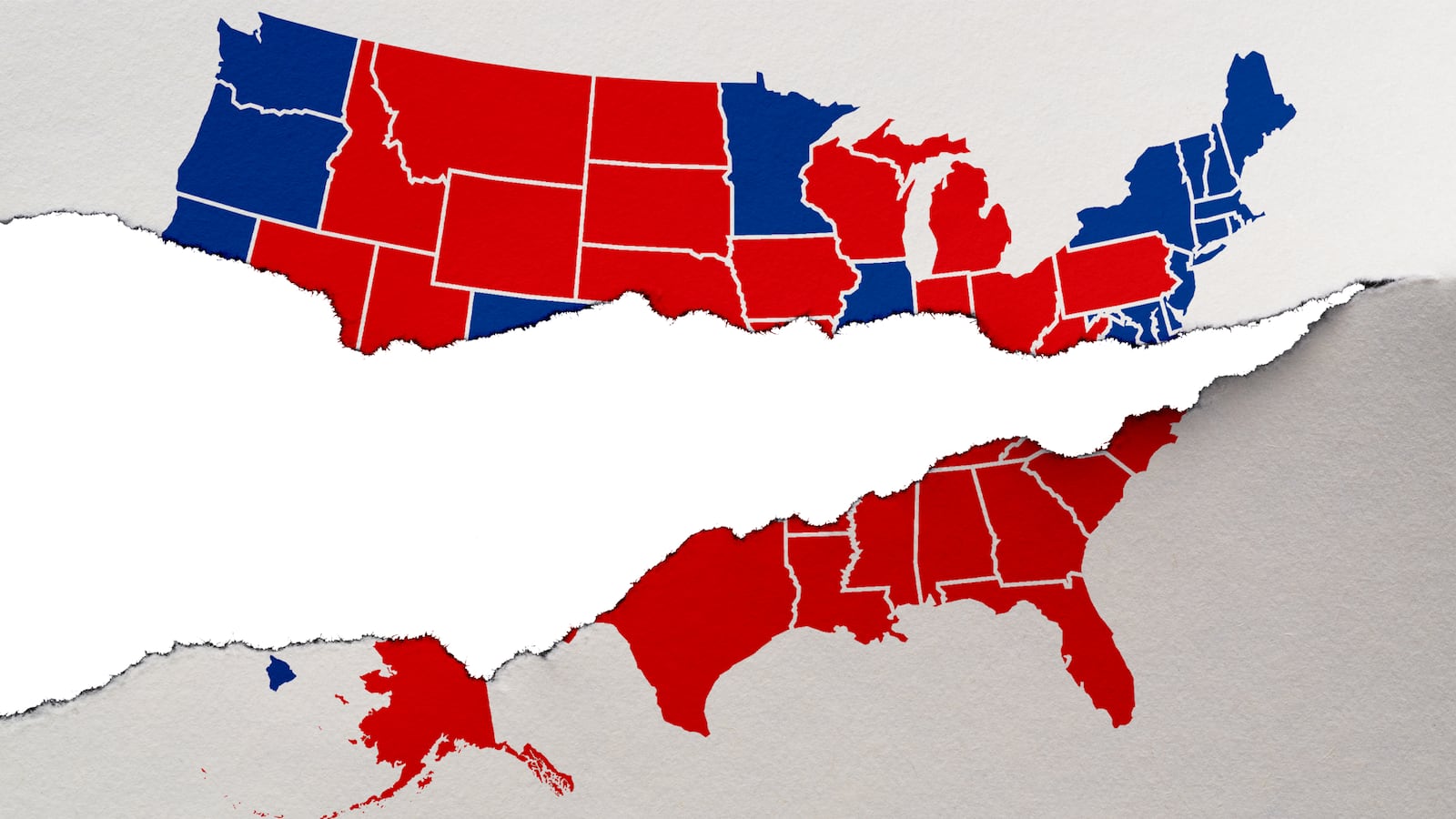It wasn’t supposed to happen. In a country founded by British expatriates, whose economic system was built on the backs of human chattel harvested from Africa, Barack Obama won the U.S. presidency.
Twice.
But, a half-term U.S. senator from Illinois and descendant of Africa did indeed upend the math. To truly appreciate the import of the Obama victories, one must first understand that the process—quasi-democratic as it may be—was designed to keep people like him out of federal office.
For all of the Founding Fathers' writings and speeches about freedom and liberty, they meant those words for people like them—landholding white men. It would be nearly a century and a half before women were afforded the right to vote.
When calculating legislative representation and taxation, the 1787 Constitutional Convention decided only three out of every five slaves would count as a person. In what became known as the three-fifths compromise, Southern states were allowed to count their slaves at a discount and walked away with half as many more seats. That meant an increase from 33 congressional seats to 47, and a similar advantage in Electoral College votes.
The system was built with additional guardrails specifically designed to mute the voices of minority populations, whether or not they or their votes were counted.
According to History Central, the Electoral College was “created for two reasons.” First was creating a “buffer between population and the selection of a President,” meaning its 538 voting members could effectively override the popular vote if need be. Some believed that citizens located far from the nation’s capital would not truly understand the issues and would be less familiar with the candidates. For context, this was decades before the Pony Express was formed and centuries before the first Twitter feud broke out. In other words, there were people quite literally closer to the center of power who were better informed to make those choices for everyone else.
Secondly, there is the claim that direct election of presidents was shelved to balance the interests of the states. Thus, smaller less populous states received additional power—with their votes worth more than those of larger states thanks to the two additional electoral votes for each senator—out of a bastardized sense of egalitarianism. At the time, those states with the smallest populations tended to be more rural and in the South. The Electoral College was negotiated to protect them and their way of life.
But, much like saying “nullification” started the Civil War, these explanations obscure the truth. The War of Northern Aggression, as some Southerners still call it, was ignited over slavery. And, the abolition of direct elections for U.S. president had one purpose: preserving white supremacy.
As Akhil Reed Amar, a constitutional law professor at Yale University, explains, the Southern states argued for and won the three-fifths compromise during that 1787 Constitutional Convention and expected that it would be enough to maintain their political power. But as Northern population growth outpaced the South, the slave states used the political power their human property provided them to help push through the Fugitive Slave Act of 1850. The new law protected their financial and political interests by requiring the return to bondage of any slave who managed to escape.
There is a reason Virginia put more men in the White House than any other state and that reason is slavery. The three-fifths equation benefited Virginia mightily.
Pretty language aside, Southerners concocted a way to both maintain and derive political benefit from enslaving black people. This brand of federalism has persisted into the modern era with significant ramifications. Today, that electoral method continues to value some voices more than others—effectively muting the latter when it comes to national elections.
While over time we have continued perfecting this union in meaningful ways—suffrage and the Dred Scott and Brown v. Board of Education decisions among them—we have failed to address some of the most egregious issues or, in some cases, our gains have been reversed. The gutting of the Voting Rights Act and state laws designed to suppress voting sweeping the states are two examples.
People who support the Supreme Court’s decision to remove important provisions from the Voting Rights Act and believe the Electoral College is the best way to elect a president should simply be honest. The system is rigged in their favor and they don’t want to lose.
In recent days, as the debate sprang up on social media and littered cable airwaves, Republicans let out a collective yowl. Yes, on its face, leaving the presidency in the hands of 538 elites, rather than directly beholden to the American people, is antithetical to everything conservatives say they believe. But, without it—without gerrymandering, targeted voter suppression and laws supposedly designed to equalize power among the states rather than allowing those decisions to rest with the citizenry—in all likelihood, conservatism would have a tough time maintaining its national political footing. They—and everyone else—would be forced onto an equal playing field.
A president should be elected by direct popular vote. One person, one voice, one vote—all of them equal no matter what state you hail from. The current system gives citizens in rural and largely red states nearly four times the voting power than people in more urban blue states, and that sent two out of the last four presidents to the White House. If America is to truly be an exceptional nation, it should start there.
Inequities in the American franchise remain the moral question of our time, but the answer is a legal one. One should always rise up to meet the other, right?
The Electoral College can be abolished, or at least rendered moot, in one of two ways: by amending the Constitution, or in a move by the states to tie their electors to the national vote rather than state-by-state results. The latter would require state legislatures to act. Republicans control both legislative chambers in 30 states and split control in several others and one should harbor no hope that the GOP, in its current incarnation, would consider righting the system. And even as public polling favors a direct vote, amending the Constitution to change the voting process again—as the 12th and 20th amendments did—would be even more difficult.
Beating the math, as President Obama did, required a Herculean effort and caused a backlash so strong that we sent a Donald Trump to the White House. My guess is we would have had an African-American president long before 2008 and we would not still be waiting on the first woman to crack the proverbial ceiling. Trump certainly would not be spending “executive time” on Twitter or insulting a war hero in a White House bathrobe.
Trump lost by more than 3 million votes, but he got them where it mattered: Wisconsin, Michigan and Pennsylvania. In other words, votes from 80,000 people vetoed the will of 3 million.
That is not democracy, but it is exactly what the Framers and the men who followed them intended. What they did was immoral. It is our job to figure out how to make it right. Until we do, liberty will continue to only burn bright to some of us.








